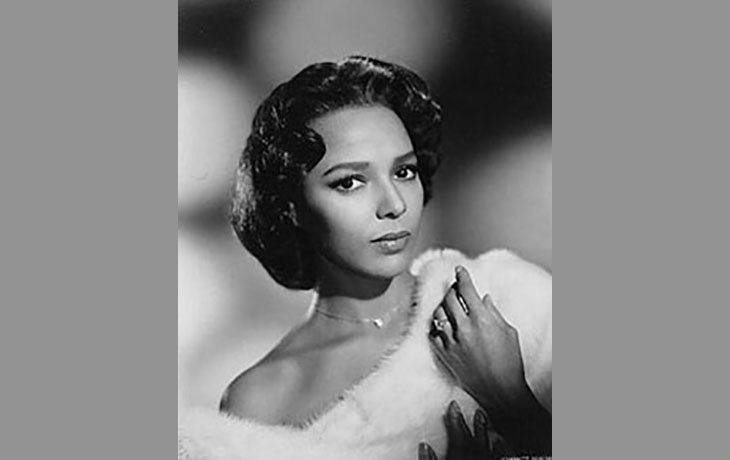• NOVEMBER 5
1867—The first Reconstruction Constitutional Convention takes place in Montgomery, Ala. In attendance were 90 Whites and 18 Blacks. Reconstruction would bring forth a period of tremendous political and educational advancement for ex-slaves after the Civil War. But Reconstruction was significantly undermined by the Hayes-Tilden of 1877 and the beginning of the anti-Black Jim Crow period.
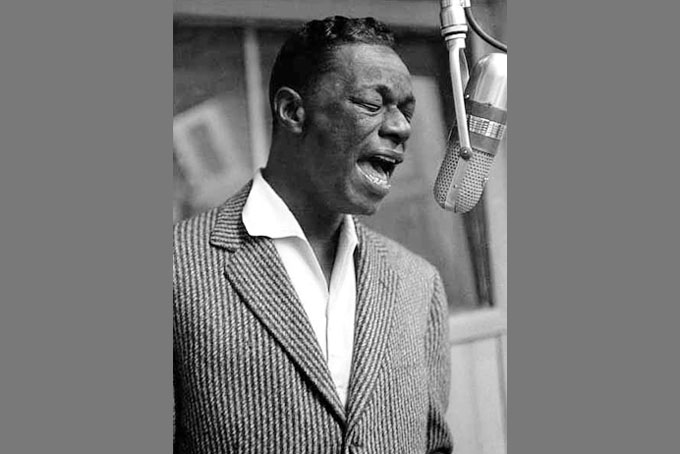
1956—The Nat King Cole Show— the first Black hosted network television variety show—debuts. The show began with just 15 minutes and later expanded to half-an-hour but was pulled in 1957 for lack of advertiser support.
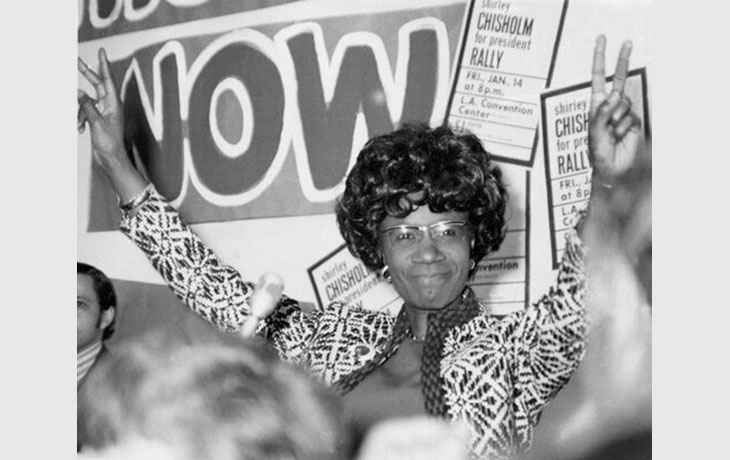
1968—Brooklyn, N.Y.’s Shirley Chisholm becomes the first Black woman elected to the U.S. Congress. She would later make an unsuccessful bid for the Democratic Party’s presidential nomination.

1974—Walter Washington becomes the first elected mayor of Washington, D.C., as the predominantly Black city gains limited voting rights. Washington had declined an earlier appointment to be the city’s commissioner because the proposal did not give him control of several city agencies including the police department.
• NOVEMBER 6
1858—Samuel E. Cornish dies. Along with John Russwurm, he established the first Black-owned and operated newspaper in America—“Freedom’s Journal.” The newspaper’s famous motto was “We wish to plead our cause.”
1860—Abraham Lincoln is elected the 16th president of the United States. His opposition to the expansion of slavery prompted slave-owning states to succeed from the union which brought about the Civil War. Lincoln’s opposition to slavery was more pragmatic than moral signified by his famous phrase—“A nation cannot exist half-slave and half-free.”
1900—James Weldon Johnson composes “Lift Ev’ry Voice And Sing.” The song becomes the “Black National Anthem.” In 1920, Johnson becomes the first Black head of the NAACP.
• NOVEMBER 7
1837—Elijah P. Lovejoy, one of the White heroes of Black history, is killed by a pro-slavery mob while defending his anti-slavery newspaper in Alton, Ohio.
1841—The “Slave Revolt On The Creole” occurred when 125 Black slaves overpowered the crew of the slave ship Creole and sailed it to the Bahamas where they were granted freedom and political asylum.
1876—The disputed presidential election that changed the course of Black history occurs. The dispute led to the Hayes-Tilden Compromise. In order to be declared president, Republican Rutherford B. Hayes reached an agreement with southern Democrats, which had the effect of ending much of Reconstruction and the protection of Black rights. The Jim Crow era began with “Black codes” and other measures, which severely limited Black rights. Many of these rights were not restored until the 1960s.
1934—The first Black Democrat is elected to the United States Congress. His name was Arthur L. Mitchell. Up until this point in history, most Blacks were Republicans because of the roles of Abraham Lincoln and a group known as the “Radical Republicans” in ending slavery. Mitchell defeated Oscar DePriest for the congressional seat from Chicago.
1967—Riots spread throughout the nation. A Senate committee issues a report revealing that there were 75 major Black riots in cities across the nation. This compared with just 21 the previous year.
1989—L. Douglas Wilder is elected the first Black governor of Virginia since Reconstruction. Virginia was actually governed by a Black man for a brief period during Reconstruction.
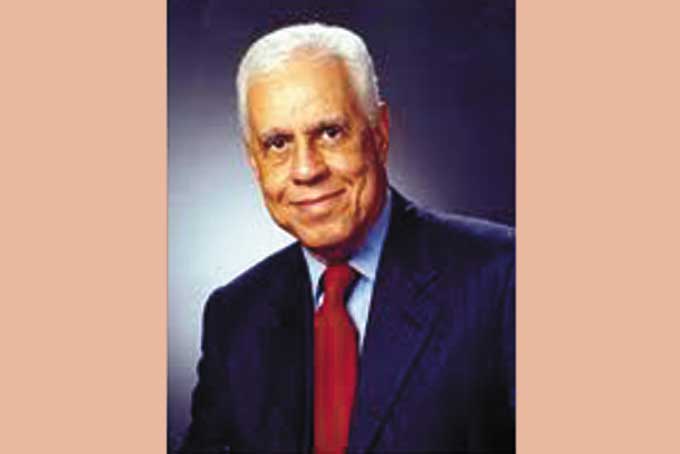
• NOVEMBER 8
1898—The Wilmington Massacre occurs. A mob of Whites launched a terror campaign against Blacks in Wilmington, N.C. They destroyed a Black newspaper plant, seized control of city government and officially left nine to 11 Blacks dead. However, the unofficial death toll was said to be closer to 100.
1932—Franklin Delano Roosevelt is elected president. During his 16 years in office Roosevelt instituted a series of New Deal programs designed to pull the nation out of the Great Depression. It was during his years in office that Blacks overwhelmingly switched from the Republican Party to the Democratic Party even though Roosevelt adopted some policies that angered Blacks.
1933—Actress Esther Rolle is born in Pompano Beach, Fla. She is best remembered for her role in the 1970s television series “Good Times.”

1966—Edward W. Brooke is elected the first Black U.S. senator since Reconstruction. He was a Republican from Massachusetts.
• NOVEMBER 9
1731—Multi-talented scientist and inventor Benjamin Banneker is born in Ellicott Mills, Md. He is generally considered America’s first Black scientist. Banneker constructed the first clock made in America; completed the design and layout of Washington, D.C., after Pierre L’Enfant returned to France; published a farmer’s almanac for 10 years, while also studying astronomy; and predicted solar eclipses.
1868—The governor of Arkansas, Powell Clayton, calls out the state militia and declares martial law in 10 counties in a bid to put down a Ku Klux Klan-led insurrection.
1868—The Howard University Medical School—the first designed to train Black medical personnel— opens in Washington, D.C. There were eight students in the first class.
1901—Fiery pioneer Black journalist William Monroe Trotter starts the Guardian newspaper in Boston, Mass. Trotter made headlines throughout the nation when in November 1914, he confronted President Woodrow Wilson in the White House for failing to do more to stop the lynching of Blacks. For daring to argue with the president, the New York Times denounced Trotter saying he had “superabundant untactful belligerency.” But W.E.B. DuBois called him “fearless.”
1922—Actress Dorothy Dandridge is born in Cleveland, Ohio. She is generally considered one of Hollywood’s first Black female sex symbols. She appeared opposite Harry Belafonte in “Carmen Jones” and was the first Black woman nominated for an Oscar. Dandridge died in 1965 at age 43.
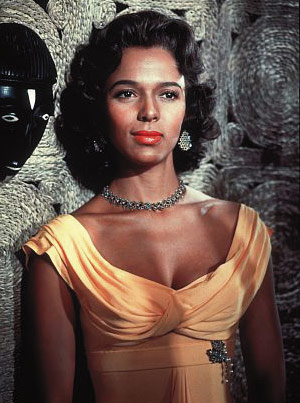
• NOVEMBER 10
1898—George H. White introduces the first anti-lynching legislation in the U.S. Congress. The North Carolinian was one of the last Blacks in Congress before Jim Crow laws and attitudes drove most Blacks from high elected offices. After leaving Congress, he founded a Black bank and established an all Black community called Whiteville near present day Trenton, N.J.
1891—Granville T. Woods patents an improvement to the electric railway. Woods was one of the most prolific Black engineers and inventors in U.S. history. His motto could have been “I didn’t invent the product, but I invented something that made it better.” Born in Columbus, Ohio, he invented and patented improvements to the electric railway, air brakes, telegraphs, telephones and numerous other products.
1957—Charlie Sifford wins the Long Beach Open, becoming the first Black person to win a major professional golf tournament.
1994—Famed Jazz singer Carmen McRae dies in Beverly Hills, Calif. She was born in New York City on April 8, 1920.
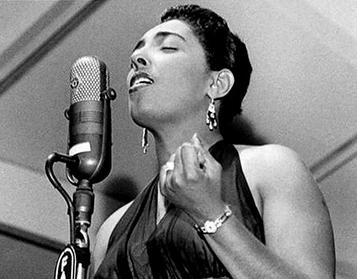
• NOVEMBER 11
1831—Anti-slavery rebel Nat Turner is hanged roughly two months after his capture for leading the bloodiest slave revolt in U.S. history. The minister and mystic told reporters God had called on him to lead the revolt, which left 55 Whites dead.

